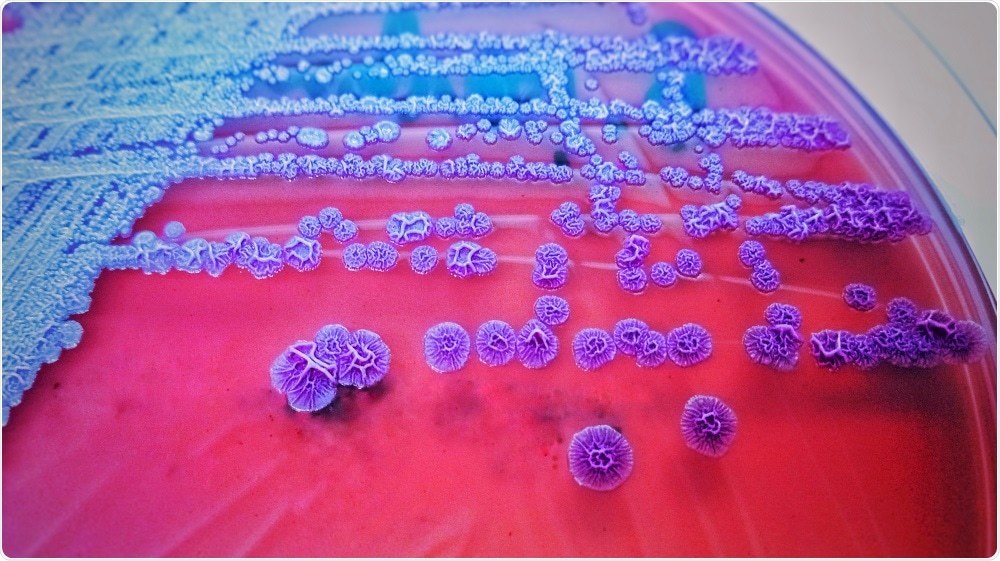
New test speeds up diagnosis of multi-resistant pathogens
Researchers at the University of Cologne and the German Center for Infection Research have made an important step towards speeding up the diagnosis of multi-resistant pathogens.

Captainharlock1988 | Shutterstock
As reported in the journal PLOS ONE, the team used a new immunochromatographic method to detect bacteria that are resistant to antibiotics called carbapenems within 20 to 45 minutes and with 100% accuracy.
People whose blood is infected with gram-negative microbes such as E. coli have a high mortality rate and previously, it has usually been possible to treat these infections with antibiotics. However, with the increase in antimicrobial resistance, including resistance to carbapenems, it has become increasingly difficult to treat these infections.
The tests currently used to detect multi-resistant pathogens still take up to 72 hours to generate results. Faster and more specific diagnostics is therefore key to treating patients with such infections. Infections that are resistant to “reserve” antibiotics such as carbapenems often lead to increased mortality.
Gram-negative bacteria usually become resistant by producing enzymes that are capable of destroying antibiotics, including carbapenems. These enzymes are called carbapenemases.
Now, Axel Hamprecht and colleagues have examined blood containing bacteria that produce these enzymes. Using the new test, the team managed to detect three of the most common carbapenemases without having to culture the bacteria on agar plates. The new test provides a way of easily, quickly and cheaply identifying resistant bacteria so that targeted therapy can be started as soon as possible.
The new test could replace current procedures, although further studies are needed before it can be implemented in the clinic.
“We now have to conduct follow-up studies in order to transfer our findings into clinical practice as quickly as possible,” Hamprecht concludes.



































No hay comentarios:
Publicar un comentario